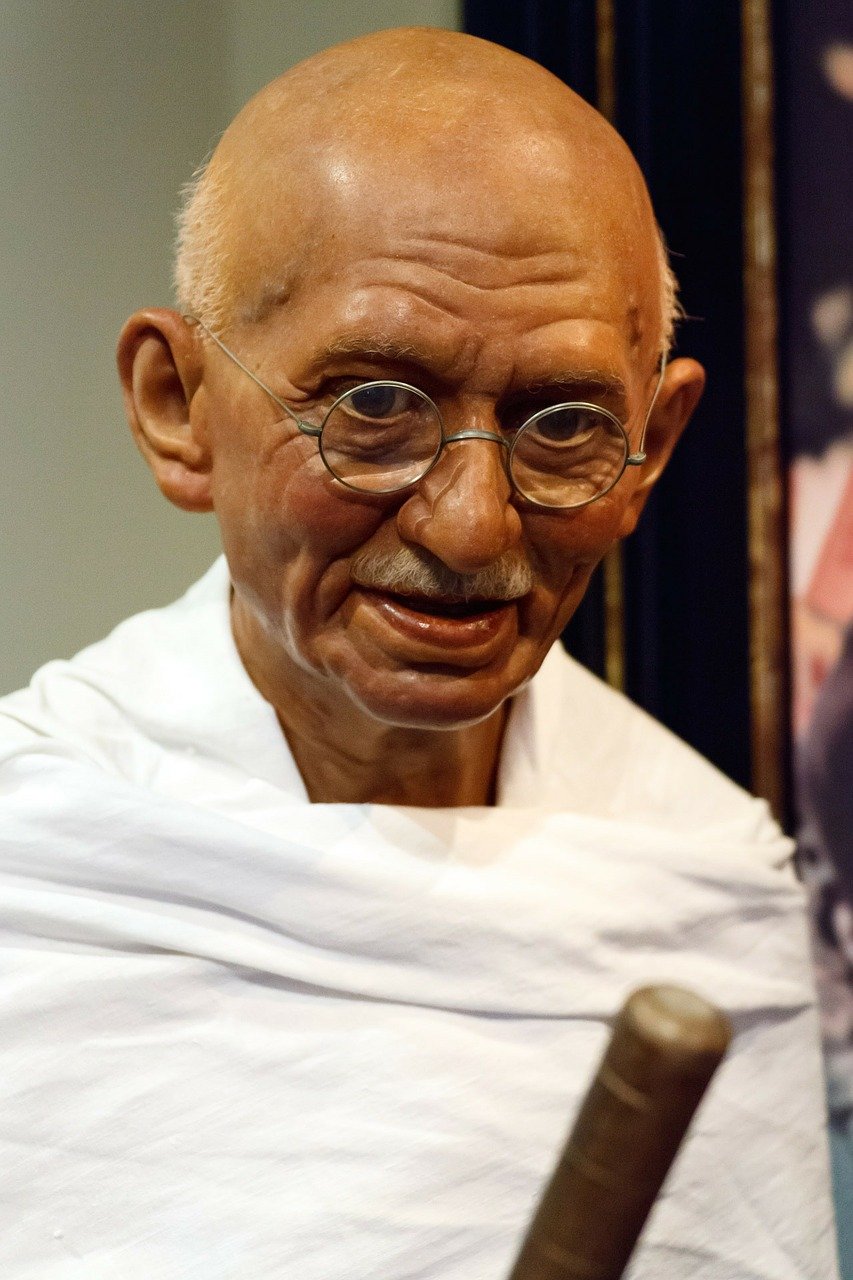Mohandas Gandhi, a name intertwined with the struggle for India's independence, faced a tragic end on January 30, 1948, when he was assassinated in New Delhi. This pivotal moment not only marked the loss of a prominent leader but also left a nation grappling with how to move forward without his guidance. Just months after India had achieved independence from British rule, Gandhi's death sent shockwaves throughout the country, leading many to feel stunned and bewildered, as noted by The New York Times.
Renowned as the “Mahatma,” meaning “great soul,” Gandhi was a symbol of peace and nonviolent resistance. However, his approach was not always embraced by everyone. His assassin, Nathuram Godse, was a Hindu extremist who opposed Gandhi’s efforts to promote unity between Hindus and Muslims. Just ten days prior to his assassination, a bomb was detonated at one of Gandhi's prayer meetings, hinting at the tension surrounding his ideals.
Born in 1869 during the British Raj, Gandhi’s formative years were spent fighting against discrimination in South Africa before returning to India to lead the charge against colonial rule. His commitment to civil rights and social justice laid the foundation for the future leaders of the civil rights movement worldwide, including Dr. Martin Luther King Jr. As we explore Gandhi's life, we will uncover the complexities of his philosophy and the impact he made on both India and the world.
Table of Contents
- Biography of Mohandas Gandhi
- Early Life and Education
- Activism in South Africa
- Return to India and the Fight for Independence
- Assassination and its Impact
- Legacy and Influence
Biography of Mohandas Gandhi
| Full Name | Mohandas Karamchand Gandhi |
|---|---|
| Born | October 2, 1869 |
| Died | January 30, 1948 |
| Nationality | Indian |
| Occupation | Lawyer, Activist |
| Known For | Leader of the Indian Independence Movement |
Early Life and Education
Gandhi was born in a middle-class family in Porbandar, Gujarat. He was the youngest of four siblings and was deeply influenced by the values of his mother, who instilled in him the principles of non-violence and truth. As a young man, he traveled to London to study law, where he encountered a diverse culture that broadened his worldview.
His experiences in London helped shape his thoughts on social justice and equality. Gandhi returned to India as a lawyer but soon realized that his true calling lay in fighting for the rights of the oppressed. His early experiences set the stage for his lifelong commitment to civil rights and social reform.
Activism in South Africa
In South Africa, Gandhi faced firsthand the harsh realities of racial discrimination. He became a prominent figure in the struggle against the discriminatory laws imposed on Indians by the colonial government. This period marked the beginning of his philosophy of *Satyagraha*, or nonviolent resistance.
Gandhi's time in South Africa was instrumental in developing his strategies for peaceful protest, which he later applied in the Indian independence movement. His activism laid the groundwork for significant social and political changes in both South Africa and India.
Return to India and the Fight for Independence
Upon returning to India in 1914, Gandhi joined the struggle against British rule. He organized numerous campaigns, including the Salt March in 1930, which became a defining moment in the fight for independence. His ability to mobilize the masses and his unwavering commitment to nonviolence inspired millions.
Gandhi also worked tirelessly to address social issues, such as the caste system and the plight of the untouchables. His efforts to promote unity among India's diverse religious communities were central to his vision of a free and just society.
Assassination and its Impact
On January 30, 1948, as Gandhi walked to his prayer meeting, he was shot and killed by Nathuram Godse. The news of his assassination sent shockwaves across India, as millions mourned the loss of a leader who had championed peace and nonviolence.
Prime Minister Jawaharlal Nehru's announcement of Gandhi's death resonated deeply, highlighting the profound impact Gandhi had on the nation. The assassination exposed the divisions within Indian society and raised questions about the future of the country.
Legacy and Influence
Gandhi's legacy endures today, as his teachings continue to inspire movements for civil rights and social change around the world. His philosophy of nonviolence has influenced countless leaders and activists, including Martin Luther King Jr. and Nelson Mandela.
As we reflect on Gandhi's life, it is essential to remember his profound impact on the world. He remains a symbol of peace, resilience, and the enduring struggle for justice.
In conclusion, Mohandas Gandhi's life was a testament to the power of peaceful resistance and the strength of the human spirit. His unwavering commitment to justice serves as a guiding light for future generations.
What You Will Learn
- Understanding the pivotal moments in Mohandas Gandhi's life.
- The evolution of Gandhi's philosophy of nonviolence and its global impact.
- Insight into the social and political challenges faced by Gandhi during his activism.
- The legacy of Gandhi and its relevance in today's world.
Harry T. Moore: A Pioneering Civil Rights Activist In Florida
Cailee Spaeny: Life, Career, And The Role Of Priscilla Presley In The New Biopic
The Controversial Coronation Of King Charles III: A Deep Dive Into The Koh-i-Noor Diamond


